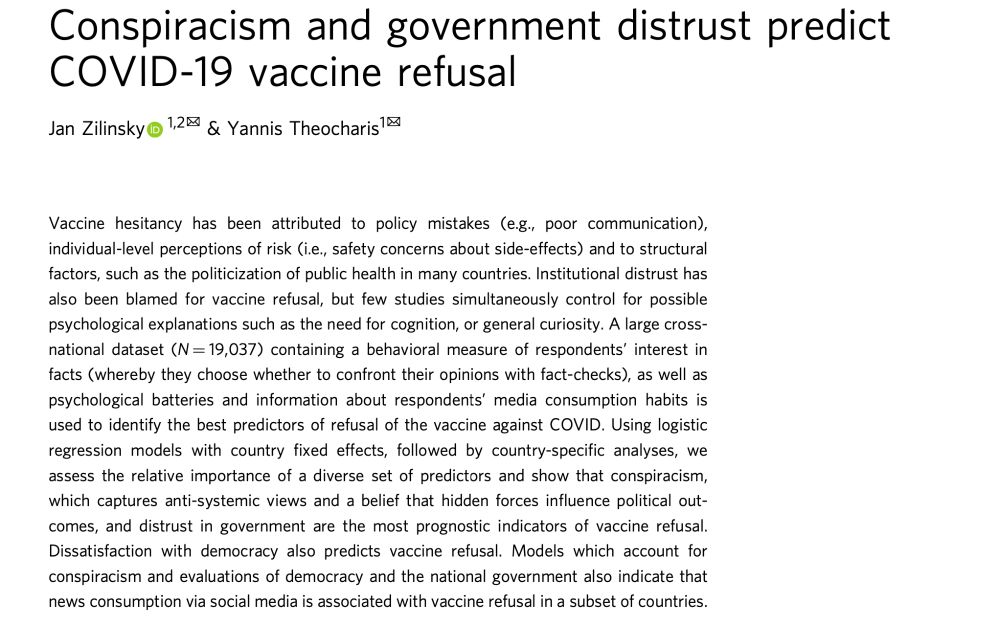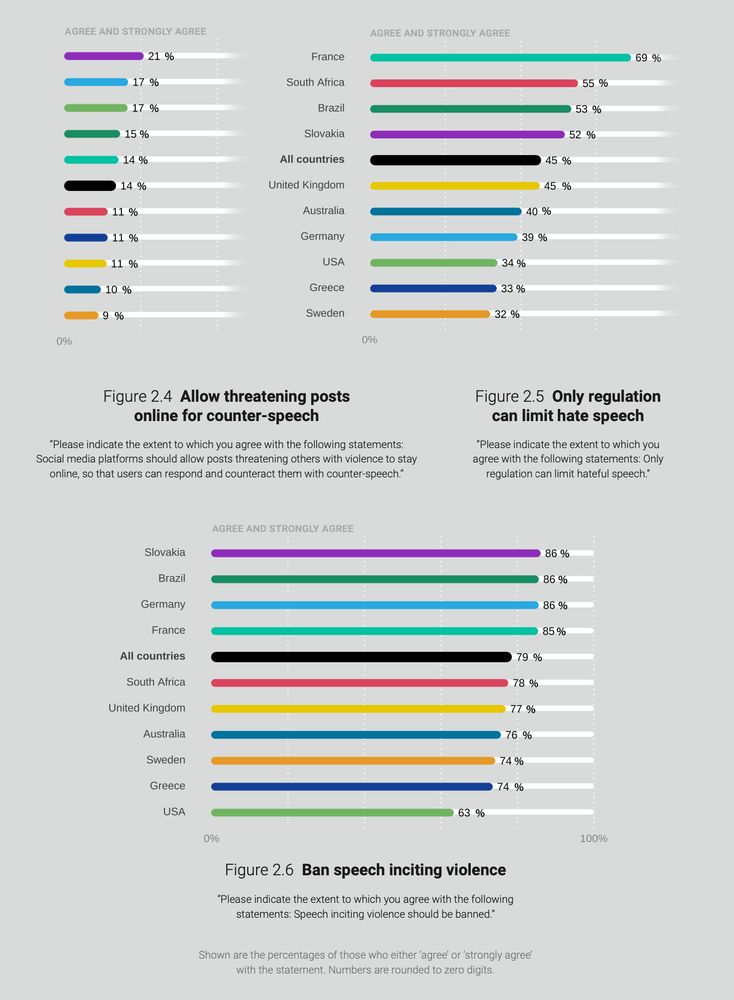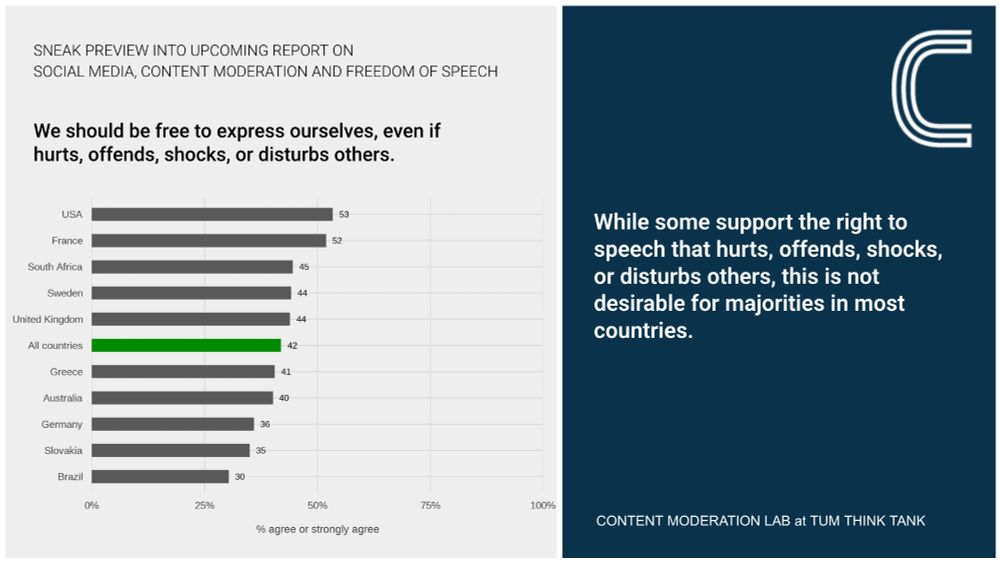Yannis Theocharis
@yannistheocharis.bsky.social
1.4K followers
440 following
31 posts
Professor and Chair of Digital Governance | Department of Governance | Technical University of Munich. Info: https://www.hfp.tum.de/en/digitalgovernance/home/
Posts
Media
Videos
Starter Packs
Pinned
Reposted by Yannis Theocharis
Reposted by Yannis Theocharis
Maarja Lühiste
@maarja.bsky.social
· Jul 30
Reposted by Yannis Theocharis
Reposted by Yannis Theocharis
Reposted by Yannis Theocharis
Reposted by Yannis Theocharis
Reposted by Yannis Theocharis

















